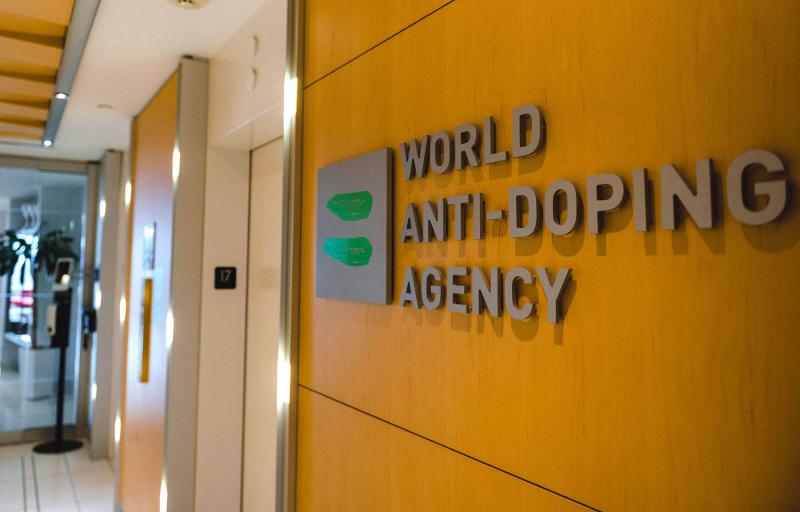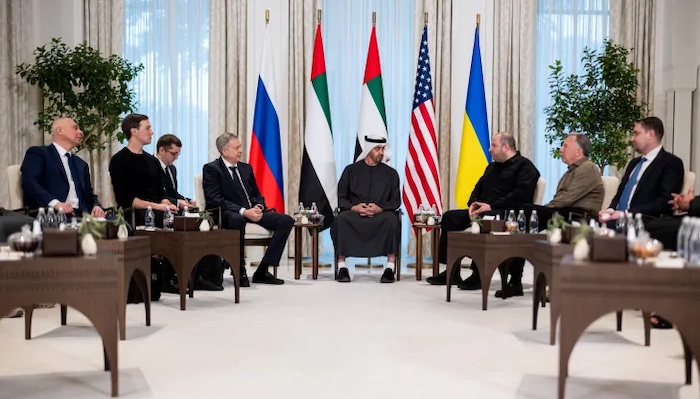
The World Anti-Doping Agency (WADA) has hailed a major drug seizure in Yemen as a “landmark moment” in the global fight against performance-enhancing substances, after law enforcement agents intercepted 447 kilograms of narcotics and banned stimulants, mostly amphetamines, in a coordinated raid.
Günter Younger, WADA’s Director of Intelligence and Investigations, told AFP that the operation underscores growing international vigilance over the cross-border trafficking of prohibited substances.
“This raid sends a clear message to criminal networks: the landscape is changing. Trafficking performance-enhancing drugs is now firmly on the radar of authorities,” Younger said.
Drug Networks Shifting Operations Into Yemen
According to WADA and Yemeni officials, illicit drug producers from Syria and Iran have increasingly shifted operations into Yemen following the collapse of the Assad regime in December last year. They believe the country’s ongoing conflict and economic turmoil have made it an attractive hub for clandestine manufacturing.
Authorities say proceeds from the clandestine drug trade serve as a revenue source for the Iranian-backed Huthi movement.
Major Murad al-Radwany, Interpol’s internal security coordinator in Yemen, described the dismantling of what he called “the first fully equipped drug factory” in the country as a significant breakthrough.
“It was taken down before production could begin or drugs could be shipped abroad. Several experts were arrested,” he told AFP, adding that the network had begun preparations to open additional factories in other cities.
Al-Radwany confirmed that both Syrian and Iranian technicians were apprehended and accused Iran of providing funding, expertise, and equipment — claims Iran has rejected as baseless.
An Iranian foreign ministry official dismissed the allegations, saying: “This is simply absurd… Iran’s role in combating organised crime and drug trafficking is internationally recognised.”
Criminal Gangs Targeting Lucrative Doping Market
The crackdown follows a WADA-led workshop in Saudi Arabia under the Global Anti-Doping Intelligence and Investigation Network (GAIIN), which aims to tackle doping as a broader criminal enterprise, not just a sports issue.
Younger said transnational crime rings are increasingly investing in performance-enhancing drugs due to their profitability.
“These gangs are using established criminal pipelines to push these substances,” he noted. “Police forces worldwide are dedicating more resources to the problem. This is a huge win for clean sport and for public health.”
High-Risk Operations
Despite the dangers, Al-Radwany urged more international support as his team continues pursuing the networks behind the illegal drug factories.
“Our families and we face daily risks from these gangs,” he said. “Yet we remain committed to hunting them down.”
Younger praised Yemeni officers for their bravery, saying they are not only removing dangerous substances from circulation but also confronting violent criminal syndicates.
“Every raid, every seizure, every dismantled lab pushes the pendulum back in our favour,” he said.


